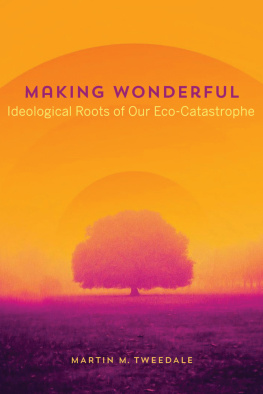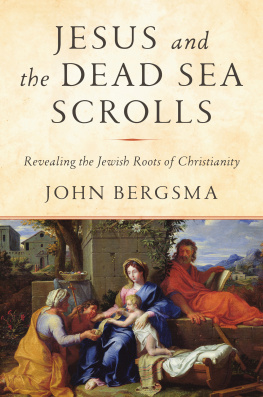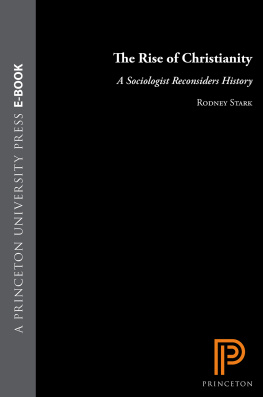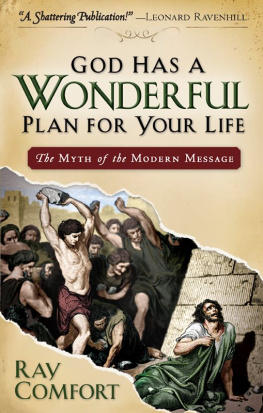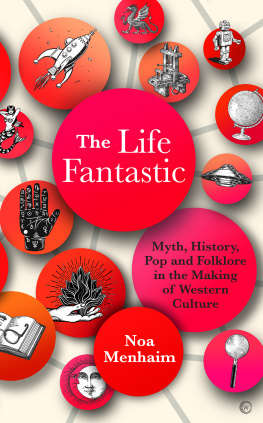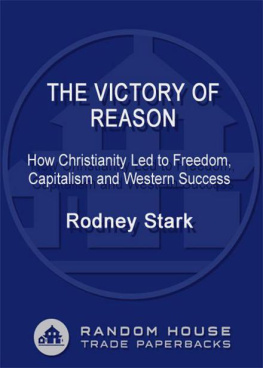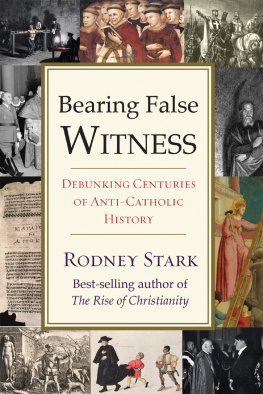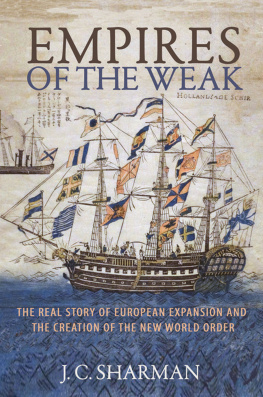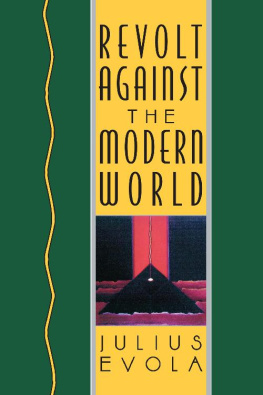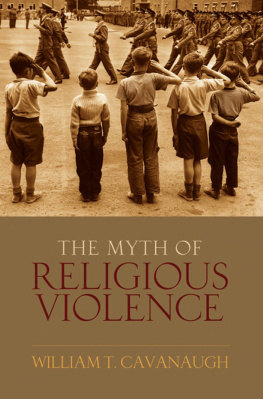

Published by
University of Alberta Press
116 Rutherford Library South
11204 89 Avenue NW
Edmonton, Alberta, Canada T6G 2J4
amiskwaciwskahikan | Treaty 6 | Mtis Territory
uap.ualberta.ca |
Copyright 2023 Martin M. Tweedale
Library and Archives Canada Cataloguing in Publication
Title: Making wonderful : ideological roots of our eco-catastrophe / Martin M. Tweedale.
Names: Tweedale, Martin M., 1937 author.
Description: Includes bibliographical references and index.
Identifiers: Canadiana (print) 20220419582 | Canadiana (ebook) 20220419604
| ISBN 9781772126242 (softcover) | ISBN 9781772126587 (EPUB)
| ISBN 9781772126594 (PDF)
Subjects: LCSH: EcologyPhilosophy. | LCSH: Human ecology. | LCSH: Religion and science. | LCSH: Environmental disasters.
Classification: LCC QH540.5 .T84 2023 | DDC 577.01dc23
First edition, rst printing, 2023.
First electronic edition, 2023.
Digital conversion by Transforma Pvt. Ltd.
Copyediting by Matthew Kudelka.
Proofreading by Tania Therien.
Indexing by Adrian Mather.
Cover design by Alan Brownoff.
Book design by Marvin Harder.
Cover image by Niyi Okeowo. Used by permission.
All rights reserved. No part of this publication may be reproduced, stored in a retrieval system, or transmitted in any form or by any means (electronic, mechanical, photocopying, recording, or otherwise) without prior written consent. Contact University of Alberta Press for further details.
University of Alberta Press supports copyright. Copyright fuels creativity, encourages diverse voices, promotes free speech, and creates a vibrant culture. Thank you for buying an authorized edition of this book and for complying with the copyright laws by not reproducing, scanning, or distributing any part of it in any form without permission. You are supporting writers and allowing University of Alberta Press to continue to publish books for every reader.
This book has been published with the help of a grant from the Canadian Federation for the Humanities and Social Sciences, through the Awards to Scholarly Publications Program, using funds provided by the Social Sciences and Humanities Research Council of Canada.
University of Alberta Press gratefully acknowledges the support received for its publishing program from the Government of Canada, the Canada Council for the Arts, and the Government of Alberta through the Alberta Media Fund.

To all those who in the future will wonder
how they could have been left with such a world .
CONTENTS
ACKNOWLEDGMENTS
For helpful comments and criticism: Earle Waugh,
Charlie Schweger, and Charlie Richmond.
For steady encouragement and advice:
Maureen McGinley and Michelle Lobkowicz.
For reading a longer earlier version and
making many suggestions: David Millar.
PREFACE
Any effective teacher will have to try first of all to get his students to recognize uncomfortable factsfacts, I mean, that go against their own partisan opinions.
Max Weber, The Scholar's Work
This work is a response to my own increasingly firm conviction that Earths ecological community consisting of the whole realm of living things, humans included, is headed for a catastrophe of immense proportions, although the exact shape it will take, the time it will take to occur, and the full extent it will attain cannot be reliably predicted. In the past few decades a huge number of written works have appeared which warn us that this is certainly a very real threat, if not a complete certainty. They also show that the catastrophe if it comes will be the result of the immense burden that the astounding growth of human economic activity coupled with exploding population has in recent times placed on the planets natural resources and capacity to recycle the waste products that activity generates. In this book I assume that the reader has absorbed much of this literature and is by and large convinced of its message. What I go on to do is ask how this has come about. What follows is my very partial answer to that question.
Thoughtful people have very naturally focused on the very different questions of what is physically responsible for our predicament and how humanity can avoid, or at least mitigate, this catastrophe, and they have put forth some very astute and technically clever proposals. In fact, we now know the physical causes of the environmental collapse we face and, in general outline, the measures that need to be taken to ameliorate it. I do not at all mean to disparage the work that has been done to produce this knowledge, but in this work I am tackling a different question: What happened, or what did people do, that led us into this predicament in the first place? We now find ourselves destroying the natural cradle that holds and supports our civilization and way of life. How could it possibly have come about that we find ourselves in a situation in which we seem hell-bent on our own destruction? Is this not an equally urgent question to address?
Any full answer to the question, if such a thing is even possible, will have a multitude of facets. There will be a story about the development of modern science and technology, another story about politics, another about capitalist economics, another about education, and so on. I have limited myself here to ideology, and perhaps I should say exactly what I mean by that term. An ideology is a constellation of ideas and arguments, often drawn from philosophical and religious sources, which for those attracted to it serves as a justification of and motivation for some sort of program of action designed to promote societal change or preserve a certain societal order. I do not use the term, or its adjectival form ideological, pejoratively, as many nowadays frequently do. There is no implication from these terms themselves that what they label is false, misguided, biased, or subject to any of the commonly recognized intellectual faults, although these may in fact be present. Nor do I at all deny that ideological ideas have frequently been used as cover for purposes other than forwarding the ideals espoused by the ideology itself, purposes like getting rich and maintaining power and status, whether this is done by self-deception or with conscious intent. The whole popularity of an ideology may depend more on the ease with which it can serve these extrinsic purposes than on the intrinsic attractiveness of its ideals. Witness the way Christian doctrines were used as cover by the Spanish conquistadors in their pillaging of large sections of the Americas.
It is my contention in this book that the enormous economic and political expansion of Western civilization in the nineteenth and twentieth centuries that led to Western worldwide hegemony and to the very ecological destruction whose causes we seek to determine was promoted by an ideology peculiar to the West, one that had its beginnings in the ancient world but only reached full maturity in the second half of the nineteenth century. I do not maintain that this ideology is the key to the whole answer to our original question, but I do think it played a significant role. Against those who argue that ideology in general is at best a sort of epiphenomenon riding like foam on the waves of the real underlying determiners of history, I will not be arguing here. Instead I will be assuming that readers do not find this at all plausible, although neither do I suppose they think that ideology is anything like the whole story.
Next page
